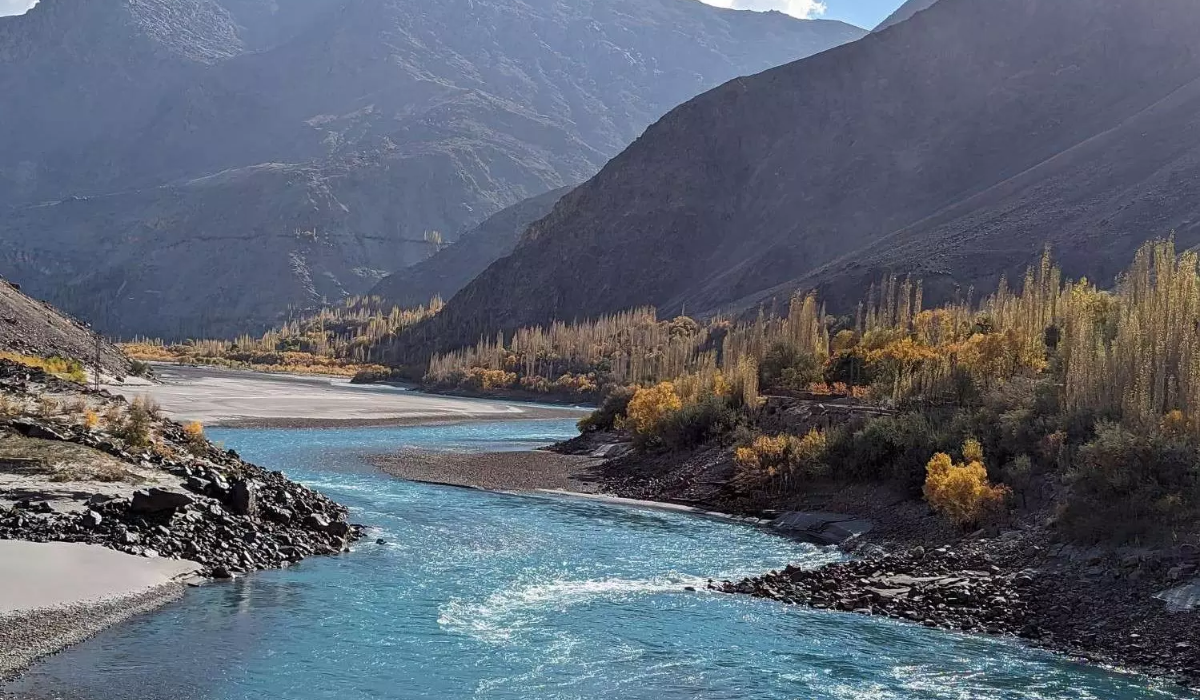India has decided to put the Indus Waters Treaty of 1960 “in abeyance” after a major terror attack in Pahalgam, Kashmir. This treaty, brokered by the World Bank, had allowed peaceful sharing of river waters between India and Pakistan for over six decades, even during wars. Under the treaty:
- India could use waters from three eastern rivers (Ravi, Beas, Sutlej) freely.
- Pakistan had rights over three western rivers (Indus, Chenab, Jhelum).
- India was allowed limited use (like for agriculture and small hydro projects) on the western rivers too.
Now, with the treaty suspended:
- India is no longer bound to share river data or inform Pakistan about new dam projects.
- Pakistan’s agriculture, economy, and rural livelihoods — heavily dependent on the Indus River system — could suffer, especially if water flow is reduced.
- Immediate impact: India can manage existing dams to restrict water during critical crop seasons.
- Long-term impact: India could build new dams to control water more strongly, but this would take years.
However, experts say India cannot instantly block water because it lacks the massive infrastructure needed. Also, building big dams in the fragile Himalayas is risky for India itself.
Political impact:
- Water issues may further raise tensions, especially concerning Kashmir.
- Propaganda and mobilization around water disputes could increase in both countries.
Legal side:
- India hasn’t fully exited the treaty (because it has no formal exit clause).
- So far, India has not detailed what exactly “abeyance” means — whether it’s a temporary pause or a step toward a complete pullout.
In short, Pakistan is vulnerable, but the actual effects will depend on what specific steps India takes next. India, meanwhile, must balance its actions carefully to avoid harming itself.

